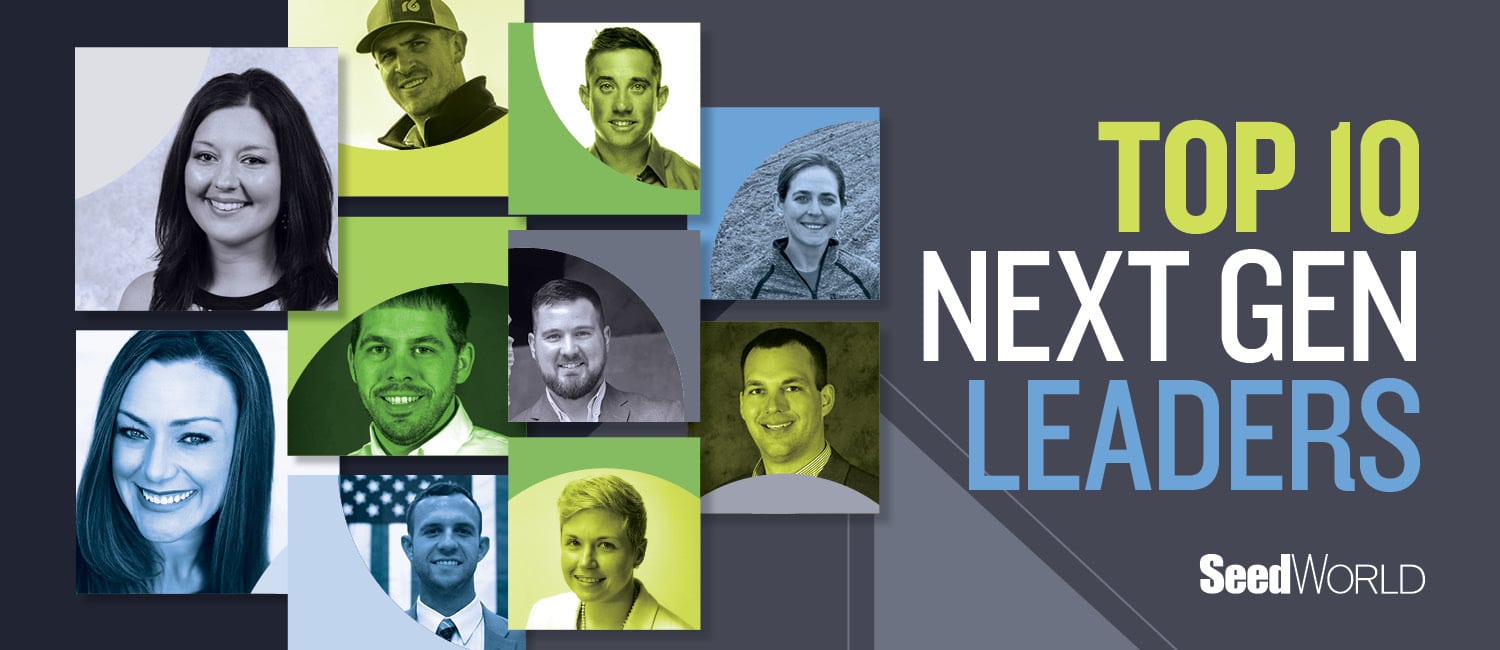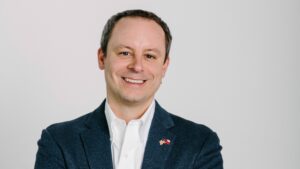Find out how 10 inspiring leaders are influencing the direction of the American and global seed industry.
Corey Beck
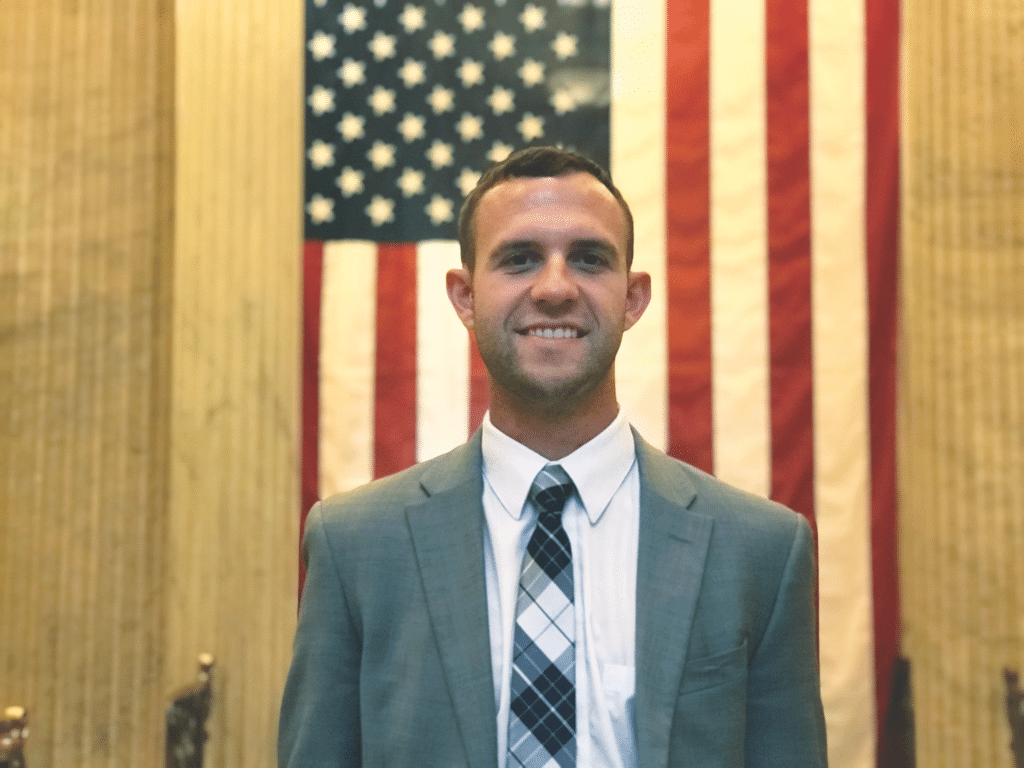
For Corey Beck, business analyst at Beck’s Hybrids, the seed industry has always been a core part of his life. As he notes, “It wasn’t ever a breakthrough into the seed industry, but more of a way of life.” Whether he was helping his father plant test plots, working in various roles at the company during the summer months or playing sports outdoors, he’s had a chance to establish a deep appreciation for agriculture and nature.
The seed industry really caught his passion due to the foundational significance of feeding the world. He felt a strong connection with national and global food security, which is all connected together by providing an adequate food supply. More so than that, Beck says, “The seed industry gives us the unique opportunity to be stewards of the land and to honor God while doing so.”
Before coming back to the family business, Beck actually had a stint working as a graduate assistant football coach at Duke University. Comparing the two, he says that coaching a team is no different, whether you’re in business of or football — it’s all about culture and vision. “Our family business is a ‘team game,’ with important functions performed across the company,” he says. “However, it is the vision and culture that drive success.”
And just because he’s back at the family business doesn’t mean his love for sports has ended — Beck and his wife were both involved in athletics during their undergraduate years at Purdue and continue to stay engaged with Purdue sports; they even had their wedding reception in the football press box last October.
Samantha Bock
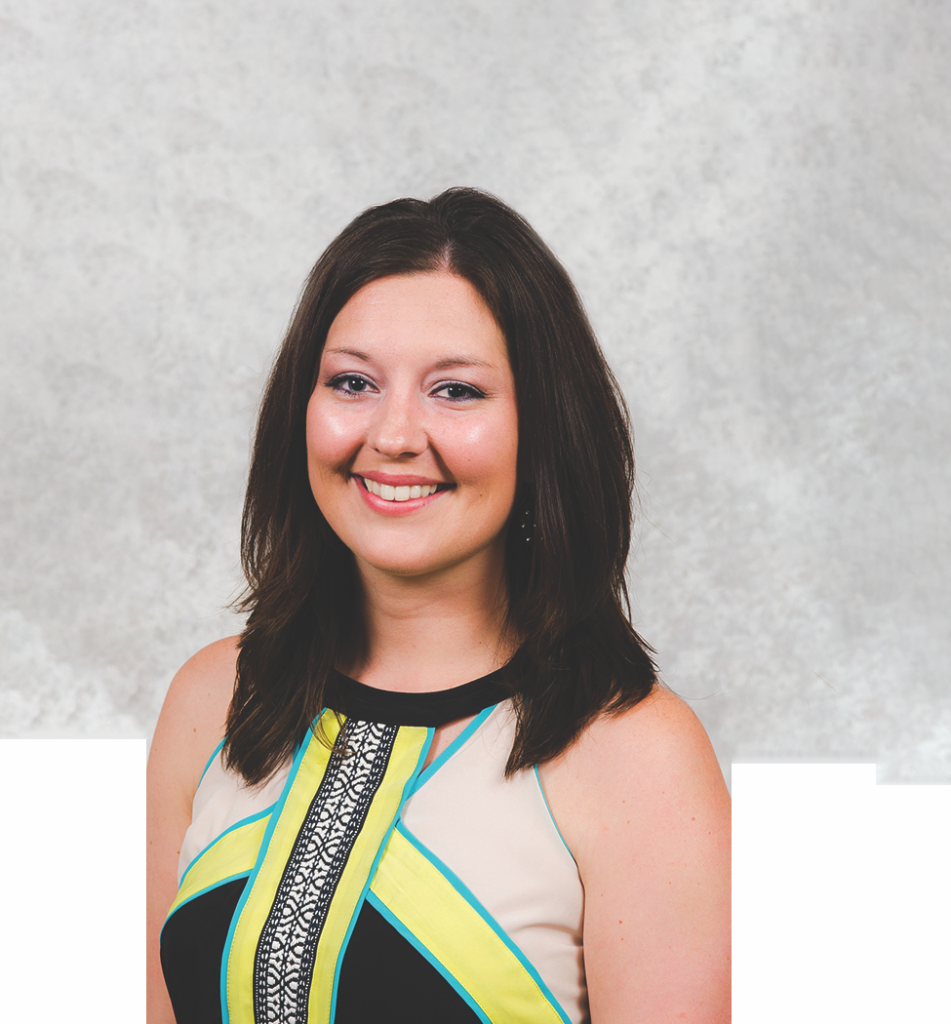
Samantha Bock, marketing manager at Inari, grew up in Danville, Ind., where she developed a love of production agriculture through 4-H. After broadening her scope of agriculture in FFA and continuing her education in the agriculture communications department at Purdue University, she was really given the chance to fall in love with the industry through study abroad trips, immersive leadership training and valuable summer internships. As part of the Inari team, she’s helping to design customer experiences for the commercial seed business while reinforcing that the seed industry was where she’s meant to be.
And her favorite part of the industry? The competitiveness. “What I love about the seed industry is the competitive nature of the business,” she says. “Uniquely, that competition comes with this underlying current of unified progress. All seed companies are striving to earn a share of a farmer’s operation, but in doing so, they’re also striving to provide higher yielding, more efficient products that help feed and fuel the growing population.” This competitiveness motivates Bock to do her very best, and it fuels her desire to challenge herself.
In the future, Bock is really excited to think about the potential progress for gene editing technologies, artificial intelligence, the use of data and more. “There’s an unprecedented amount of opportunity in agriculture today, regardless of the specific sector,” she says. “That opportunity also comes with a significant amount of responsibility for my generation and the next one to pursue and challenge each other in finding ways to work differently.” In her mind, it’s going to require collaboration and innovative thinking to make real change.
A fun fact about Bock is in 2009, she was selected as an Indianapolis 500 Festival Princess. Based on scholastic achievement, leadership potential, and community involvement, 33 college-aged women are selected from hundreds of applicants, and serve as ambassadors of the 500 Festival, culminating with the Indy 500. “This was definitely a non-ag opportunity, but a truly unforgettable experience,” she says.
Lisa Branco
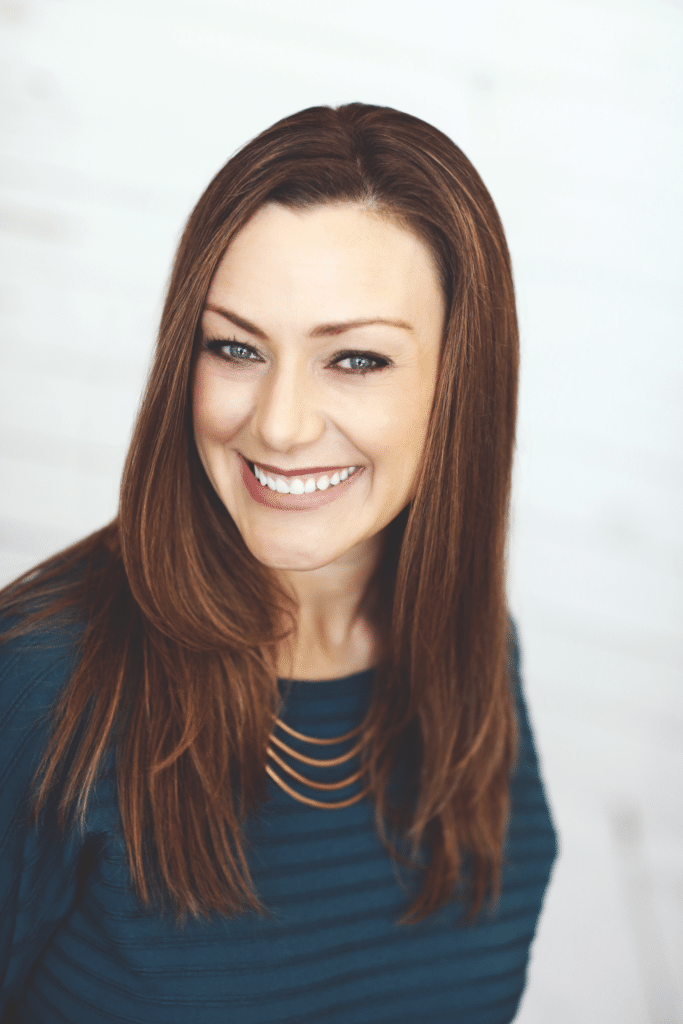
Lisa Branco, general manager of Radicle Seed Company and sales manager of Headstart Nursery, was born and raised in the Salinas Valley, where she was surrounded by agriculture. While she knew she was drawn to agriculture, it wasn’t until she took her first agriculture class at Hartnell to decide that she was completely hooked on the idea. After graduating from Cal Poly in San Luis Obispo, Calif., with a bachelor’s degree in Agribusiness, her dive into the seed industry began.
Branco started her career at Radicle Seed Company & Headstart Nursery, two sister companies headquartered in Gilroy, Calif., which gave her the opportunity to start from the ground and work her way up. She says what really caught her attention about the seed industry was the people. “Never had I met people so passionate about an industry or line of work. From the beginning, everyone has been so friendly, helpful and encouraging.” Not only that, but Branco says the seed industry is essential, and she is proud to be a part of an industry that’s responsible for feeding the world.
Now, 17 years later, she still finds herself at Radicle & Headstart, and she enjoys going to work every day! Her response? “When you find something you’re truly passionate about, it doesn’t feel like work.”
A fun fact about Branco is, while she can recommend products from artichokes to zucchinis, she jokes that she doesn’t have a green thumb herself. “I leave the growing to the pros,” she says.
Eric Christianson

Eric Christianson, crop specialist and crop coordinator of Rijk Zwaan, says that his family has been involved in the seed industry since his great-grandfather immigrated to the United States from Sweden. “I often remember picking vegetables from the garden, cultivating my interest in natural sciences and my dad bringing seed clients over for dinner from all over the world,” he reminisces. After high school, Christianson studied crop science and agribusiness at Washington State University, which was where he caught the bug for research.
He continued his education with a master’s degree in plant pathology with a portion of his studies focusing on plant genetics and breeding, and after completing it, began working with Rijk Zwaan in Salinas, Calif. He says one thing that caught his eye about the seed industry was that, “We work at the vanguard of the food supply chain, and although the industry is relatively small, I am proud that we supply such a vital product to agriculture.” He mentions the seed industry has a “We’re all in this together attitude,” that’s downright inspiring.
Even though his job focuses on spinach, which he admits is a stimulating and challenging crop to work in, both logistically and genetically, Christianson really loves working with radishes. “Red radish is a quick turnaround crop, maturing between 21 and 60 days ‚Ķ Because of this quick turnaround and the incredibly specific genetic by environment interaction, there are some challenges with finding varieties that work, consistently,” he says. This challenge, he says, makes it a great, strategic crop to work in.
In the future, Christianson is excited to see what new advanced breeding technologies can bring to the table as solutions and challenges for the seed industry.
Will Cornelius
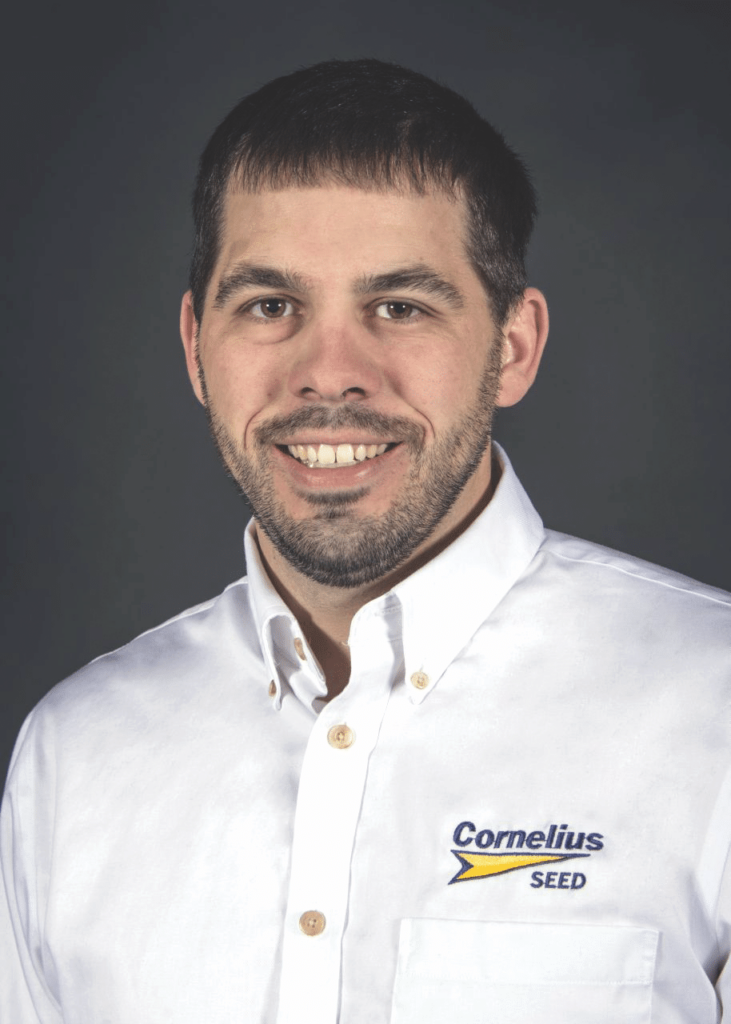
Will Cornelius, vice president of Cornelius Seed, was lucky enough to grow up in the seed industry — he and his brother are the 5th generation to be involved in Cornelius Seed. He mentions they started helping at a young age, from helping with harvesting to detasseling to roguing to crew leading. He says, “I was pretty certain that agriculture was what I wanted to be involved in for a living, and I had the advantage of knowing more or less what I wanted to do when I went to Iowa State.”
Cornelius’s choice was solidified at Iowa State — he completed internships with two other companies during that time, but knew he wanted to be back working for the family business. However, he says that wasn’t the only reason the seed industry really called him. “I’m attracted by the challenges the seed industry provides,” he says. “Any time you have to rely on Mother Nature, there are bound to be challenges that you have to overcome. Every year brings a new set of challenges to meet head on.”
Not only that, but Cornelius loves the collaboration between companies in the industry: “We often joke that agriculture is a ‘pretty small world,’ because you see the same people in various rolls with various companies throughout their careers.” In particular, he loves being able to meet up both personally and professionally with different colleagues at the ASTA CSS tradeshow in Chicago and the annual IPSA Conference. And for anyone coming into the seed industry, Cornelius says the most important thing to do? Network, network, network.
One thing you might not know about Cornelius is he’s been to five of the seven continents, including Antarctica!
Kevin Falk
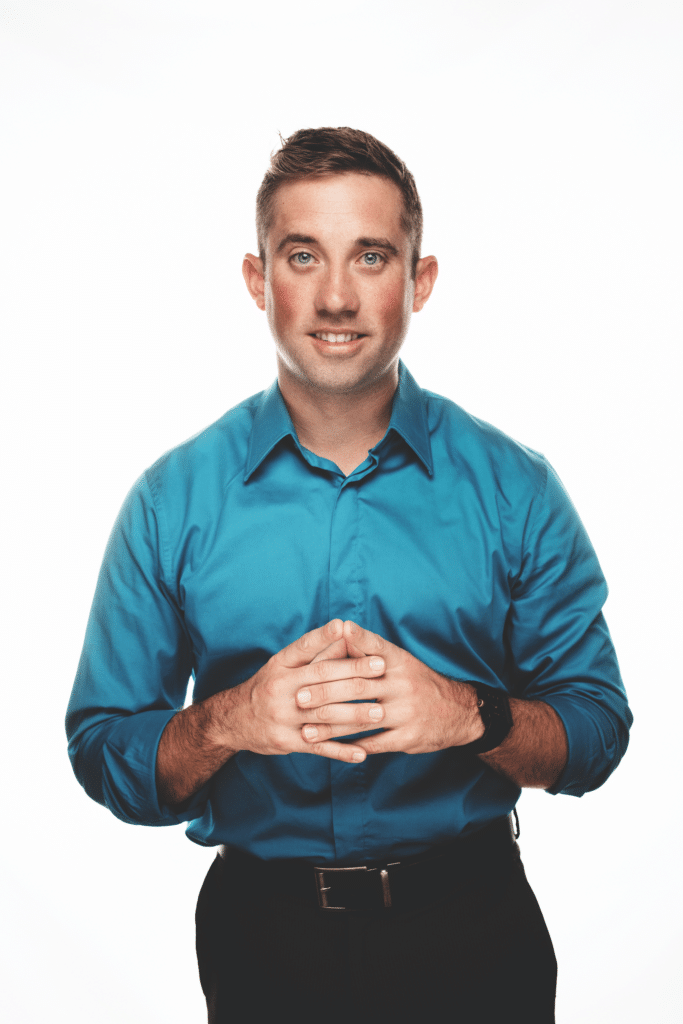
Kevin Falk, integrated field sciences research scientist at Corteva Agriscience, grew up in a small, 3,000-person farming community, which was an incubator for crop research for different companies, including Dow, DuPont, Pioneer and Monsanto, to name a few. Growing up, he says the farm was his happy place. After graduation, he said it seemed only natural to sign up for plant science, and he never looked back.
According to Falk, the seed industry has allowed him to explore so many of his passions: farming, genetics, research, education, marketing and most recently ‚Ķ film! “It’s a mixture of farming, culture, history, soil, science, people, community, engineering, technology, business and marketing altogether,” he says. “What’s better yet is I’m passionate about all of them.”
Over the last two years, Falk has won the Better Life, Better Seed video contest, which has allowed him to combine his passion for the seed industry with his creative drive. “Each year, I told my own story based off my experiences surrounding the theme ASTA created,” he says. Most recently, he discussed his time spent in the USDA Plant Introduction Station, which has a large seed bank, so show how our planet, our health and our food all start with the seed.
In his journey, Falk is most thankful to his mentors who encouraged him, but also provided humbling feedback. “It’s tough to hear, but it makes me a better scientist, team member and person,” he says.
Clayton Michael-Butler

Clayton Michael-Butler, campus recruiting lead at AgReliant Genetics, grew up on a small row-crop operation in Mulberry, Ind. Like others, he grew up loving agriculture and pursuing it further in 4-H and FFA, then, in 2012, Michael-Butler took a bigger role in the family farm — he became the farm manager after returning home from serving in the Marine Corps.
After attending Purdue University and studying agribusiness, Michael-Butler knew he wanted to go into ag sales to help growers, like his family, find solutions that would have a greater impact on their operation. The seed industry, however, caught his attention because of the quick advancements in technology. He had the opportunity to launch Enogen Feed into the southeastern dairy market while serving as a sales rep with NK, and he says, “Working with these dairies increase feed efficiency and optimize output on their operation by offering them elite seed products with an alpha-amylase enzyme trait was extremely satisfying, and one of the coolest experiences I’ve had.”
Not only that, but Michael-Butler says without seed, there would be no row-crop agriculture. “We are the fundamental industry for every grower,” he says. The seed industry is able to provide growers with unique, successful products, and technology is developing so rapidly, it makes Michael-Butler excited to be a part of it.
If there’s one piece of advice Michael-Butler could give to someone coming into the industry? “Don’t be afraid to fail,” he says. “If everyone was afraid to fail, we wouldn’t be where we are today.”
Molly Miller
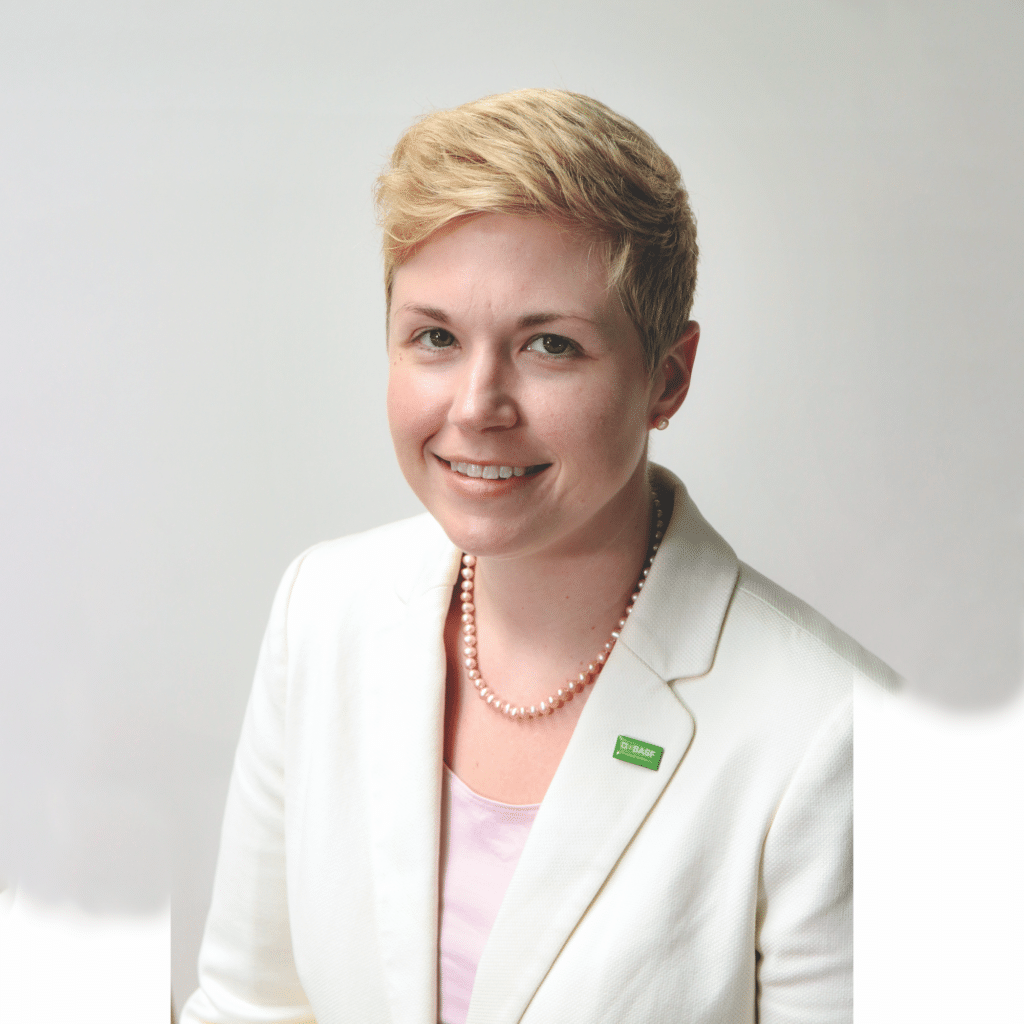
Molly Miller, government affairs manager for BASF, saw her passion for ag start in high school, when her parents, who met at 4-H camp, made her take an agriculture class at her suburban high school. While her parents were both from rural areas, Miller grew up as an Army brat, which was far from her family’s roots. After that class, though, she realized she loved everything about agriculture, including the hand-on experiences and leadership opportunities, eventually earning her American FFA degree. After graduating with her degree in ag education, Miller spent nine years at the EPA working with pesticide regulations and focusing on compliance and enforcement of pesticide laws before making a switch to work with BASF in 2014.
It wasn’t until her role with BASF that Miller really dove into the seed industry, in particularly managing a team of scientists focusing on deregulation of GM traits, which was her first step in biotech and seeds. “In my current role, I specialize in advocacy on policies affecting seeds, biotech, pesticides and trade,” she says. “That means I work with the grower associations as well as industry associations and BASF businesses to ensure that we work together advocating for policies and regulations that support our industry.”
Education is half her job. Miller spends most of her time working and talking to members of congress and their staff about what exciting new products BASF plans to bring to market and how policies they propose can support them. “We always want sound science to guide regulations, and make sure we have a predictable process so our industry can continue to innovate,” she says. “We need for the public to support these regulations and understand that their food is safe and healthy.”
However, in her free time, Miller’s truly an introvert who likes her quiet time at home. “It’s hard for some to believe that during the day I’m an industry advocate who lobbies Congress on a regular basis,” she jokes.
Brandi Payne

Brandi Payne, research technology lead at Beck’s Hybrids, grew up central Illinois loving to show animals and projects at the county fairs during the summer with 4-H. However, it wasn’t until high school that Payne realized she could combine two of her loves: science and agriculture. She began taking a class called Biological Sciences Applied in Agriculture, which was the catalyst for exploring her career in agricultural sciences.
In college, Payne quickly fell in love with conservation. “My focus shifted from production agriculture and biology to chemistry and environmental issues,” she says. Unfortunately, realizing that conservation jobs were few and far between during the 2009 recession, she fell into the seed industry by first joining the Dow corn breeding research station in Sidney, Ill., which was where she truly fell in love with the industry . “I am a firm believer that science and technology is the driving force of improvement in the world,” Payne says.
Payne joined Beck’s in late 2019. “We have growing excitement about how new or novel technology use can change or improve the way we breed corn, it’s fast paced, and exciting which makes going to the office everyday fun,” she says.
Payne can’t wait to see what the future of farming looks like — even if she won’t live long enough to see it! “I dream about a fully automated and interactive farm of the future,” she says. “I can imagine a farm that is ran so precisely that you can narrow the management down to individual plant needs. One where, the field environment is monitored by drones, robots, and IoT remote sensing devices driving AI predictive models to help farmers make better in-season management decisions ‚Ķ It might be a dream, but I really enjoy imagining the possibilities!”
In her spare time, Payne can be found in the woods training for ultra marathons — she says, “Humans are capable of so much more than we think! I have completed several 100- and 50-mile marathons, and I love spending my extra time running on the trails with friends.”
Jeff Skemp
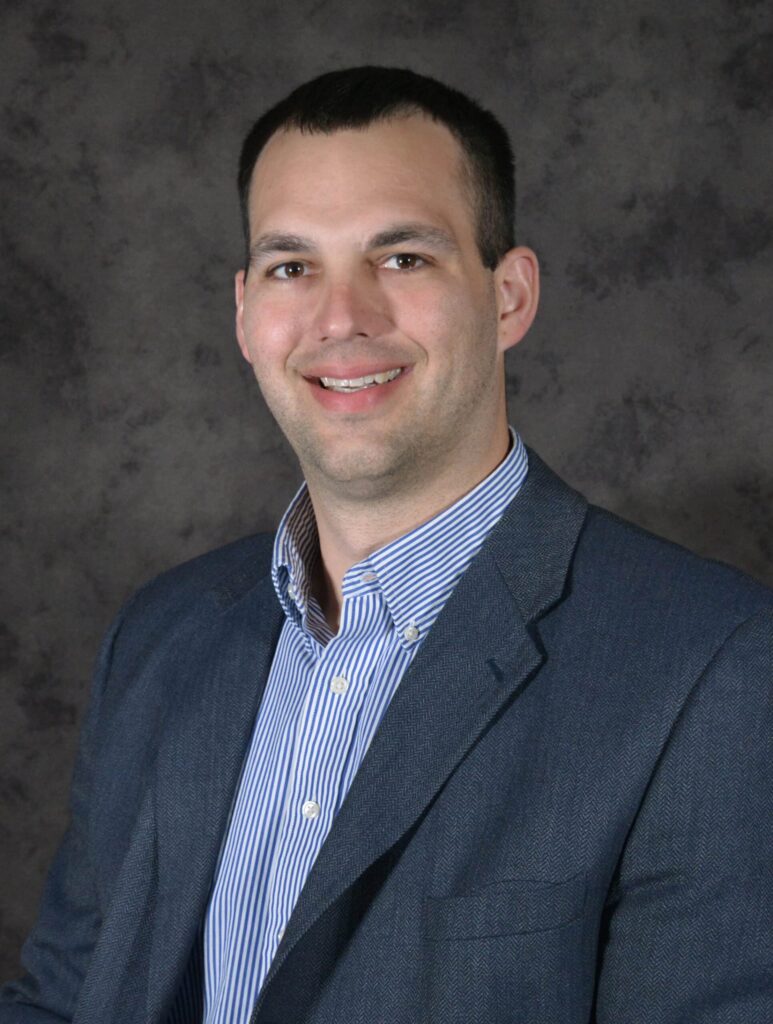
Jeff Skemp, client operations manager for Gro Alliance, grew up in rural Wisconsin, where he worked for neighbors and friends’ farms milking cows, baling hay and hauling silage. And that’s what he thought a farming job was! “It wasn’t until I was introduced to Jim Schweigert that I got a broader understanding of agriculture,” he says. “When we met, he explained what Gro Alliance did, the different facets of the business and shared that they were hiring. With a few additional conversations, I decided to join the Gro Alliance team.”
Today, he works with all Gro Alliance locations and customers on their needs in both corn and soybeans. But what really caught his passion of the seed industry? The connections he formed. “Being an extrovert, my passion has always been driven by connection and relationship with others,” Skemp says. “When I found that connection amongst those in the seed industry, I knew this is where I was meant to be.”
Skemp mentions although he’s worked on many teams, including a basketball and football team, there are moments he has to reverse his athletic mindset when working in the business world. “I’ve had to learn that my mentality and mindset is not always the same as my co-workers and teammates,” he says, comparing it to days on the basketball team. “We are all working for our customers and their needs, yet each individuals’ background and reasons for working at Gro Alliance are different.”
To anyone breaking into the industry, Skemp cautions to have an open mind, always consider the broader picture and make sure to analyze and evaluate your work. “We often get caught up in the day-to-day, working to get through the project at hand and move on to the next one ‚Ķ It’s important to evaluate at both the micro and macro-level when reviewing performance at the end of a given season.”


